Search
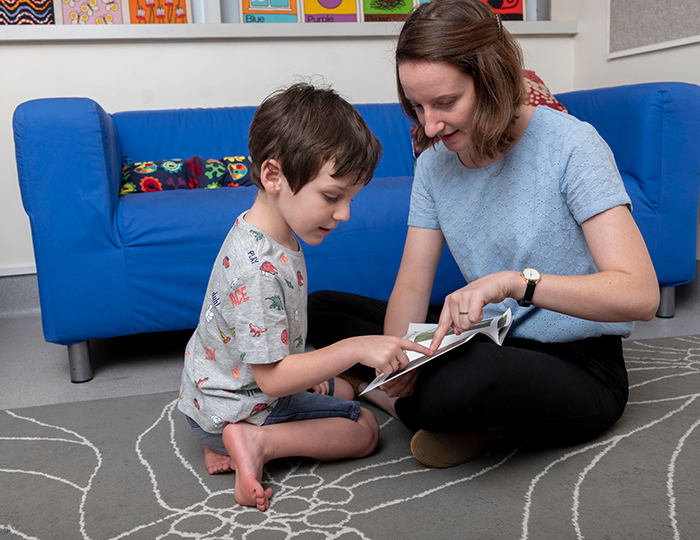
At CliniKids, the JASPER approach is for preschool and school-aged children who have differences in play and social communication skills.

Find out more about CliniKids' new program which boosts early language skills through book sharing.
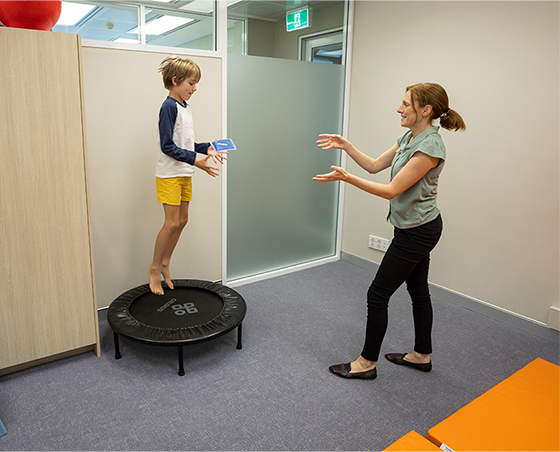
Developmental Coordination Disorder (DCD) is a neurodevelopmental condition that affects a child’s ability to learn and carry out everyday motor skills. An early and accurate assessment helps families and schools understand a child’s unique needs.
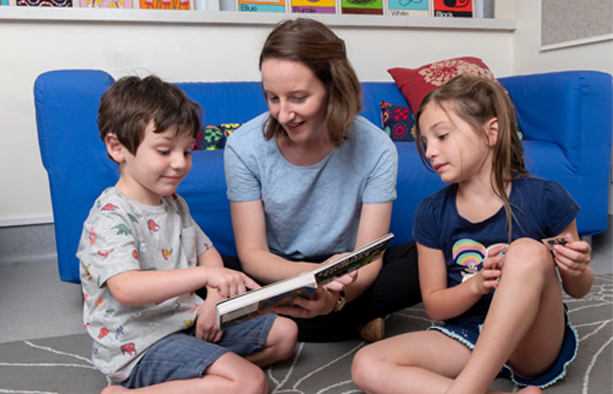
At CliniKids, we offer group or individual support for siblings of autistic children.
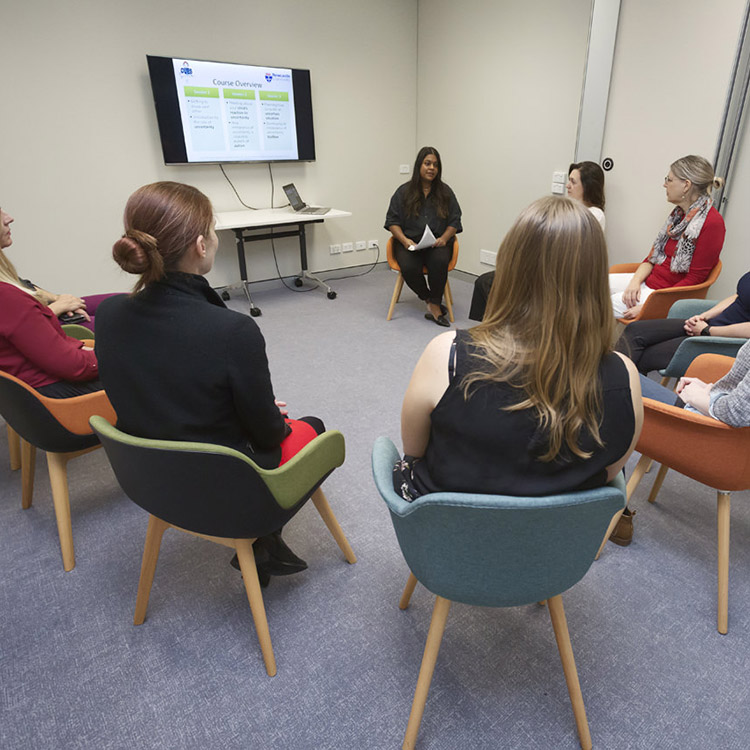
CliniKids runs training in a range of areas for clinicians and autism professionals in addition to workshops for parents, caregivers and families.
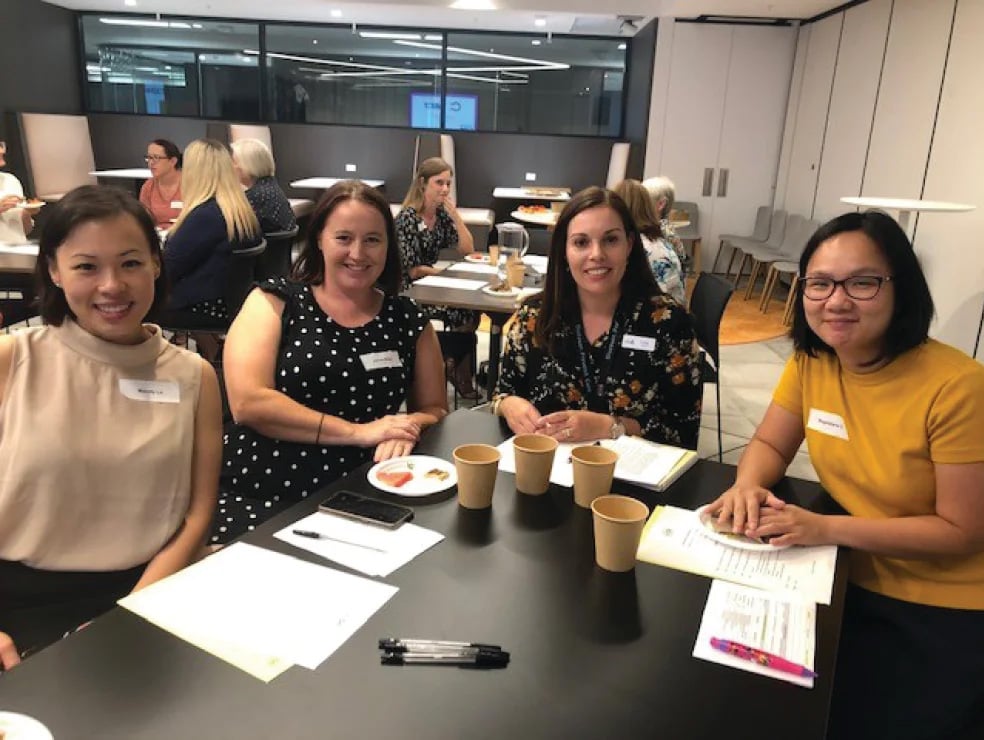
ORIGINS provides researchers, students, clinicians and universities with a unique opportunity to play a crucial role in changing the health of future generations.
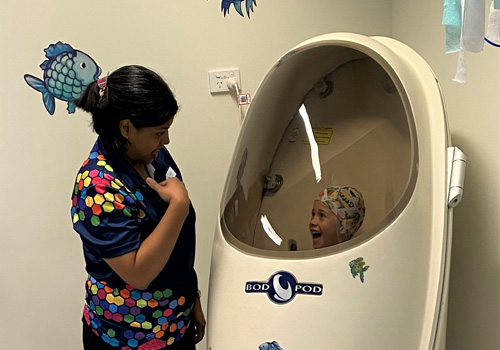
ORIGINS is collecting data from multiple sources from the mother, infant and partner at multiple timepoints from gestation through to five years of age.
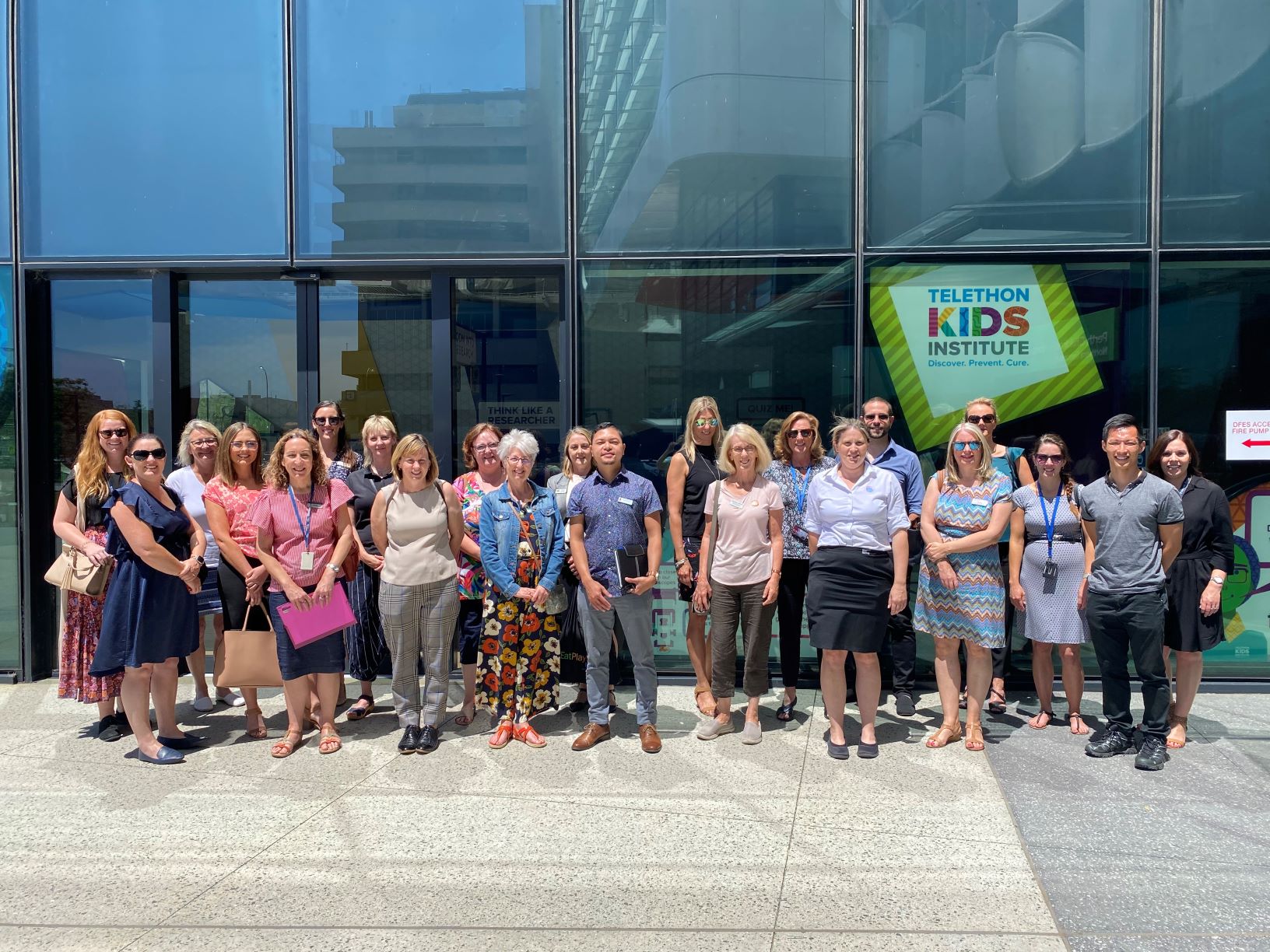
A list of documents, forms and resources for current or potential collaborators to download

The community reference group consists of members from the Wanneroo and Joondalup community who provide a community perspective for the Project.
Instructions on the various antenatal samples collected by the Origins project and how to collect them.
